February 2020
I am back from our trip to Switzerland and Italy. This trip was extra special for me, because my brother Alex and I were joined by my son Jonah. Alex and I were attending the VALUEx Klosters conference, organized by my friend Guy Spier. A day after the conference Alex and I took the train from Klosters to Zurich and were greeted at the train station by the smiling face of my 18-year-old son. (He had flown in that morning from Israel and arrived at the train station just 10 minutes before us.)
This was Jonah’s first time in Europe, and I really wanted him to love it as much as I do. I wanted him to experience the enjoyment of just strolling the streets without a destination in mind, only interrupted by the occasional Americano or a meal. I wanted him to enjoy inhaling and embracing the rich European culture.
This ended up being a very packed trip. We took in eight cities (Zurich, Klosters, Lugano, Milan, Modena, Verona, Bologna, and Venice), four museums, and three classical music concerts. We visited our favorite art museum in Zurich and the Peter Paul Rubens exhibition in Venice (see pictures). We saw the Romeo and Juliet opera at La Scala. I am still pinching myself that I was at La Scala; it had been one of my dreams. I explained to Jonah – for whom it was just another classical music detour, so that he could hardly understand my excitement – that La Scala is to opera what Wrigley Field or Fenway Park are to baseball. Verdi’s and Puccini’s operas were premiered there.
In Modena we visited Luciano Pavarotti’s house museum and the Ferrari museum. Ten years ago, or so, I visited Graceland (Elvis’ house in Memphis). It was fancy and luxurious. Pavarotti – this bigger-than-life person with a voice that makes me temporarily religious every time I hear it – lived in a large but quite modest house, similar to the houses around it. It was anything but a mansion. Visiting his home made him a bit more real to me. I got a glimpse into his life through the house where he lived.
In Venice we attended an opera and a Vivaldi Four Seasons performance. Vivaldi was born in Venice and was a monk there, thus his music is performed there regularly, especially the Four Seasons concerto. This was my third time in Venice. My wife and I went there in 2000 when she was three months pregnant with Jonah (so, as I explained to Jonah, it was really his second time in Venice).
To my surprise and great excitement, Jonah went patiently to the classical music performances and the museums. I know that at this stage of his life, in the battle between Puccini and Drake, Puccini doesn’t have a chance. But my job as a parent is to gently keep exposing him to the art, planting little seeds. When he gets older those seeds will get watered.
Jonah and Alex share a passion for Swiss watches. Alex collects them. They spent hours and hours walking from one shop window to another, discussing their finer points. I did not know that people could spend so much time talking about watches. Now I know. I don’t share their passion, but my heart warmed as I watched two of my favorite people in the world sharing an interest dear to both of them.
While I patiently waited for Alex and Jonah to window shop for watches, I’d put AirPods on, listen to music, grab a cup of coffee, and watch (more like observe) people. Life in the US is so fast that I never take the time to do that. I just sat and watched people walk by. I observed their interactions, their body language, their emotions. I tried to imagine what their lives and relationships were like. It was almost like reading short (micro) stories about people I’d never see again. Doing this transports you from your over familiar world into someone else’s, which is what works of fiction do.
In Venice we went to the Peter Paul Rubens exhibit at the Doge’s Palace. Rubens was a 17th-century Flemish painter from Antwerp. I was never a big fan of this era until ten years ago, when my father and I visited the Rijksmuseum in Amsterdam. We were standing in front of Rembrandt’s portrait of an old man (Rembrandt was Rubens’ contemporary).
I told my father that it did absolutely nothing for me; it lacked the vibrancy and the emotion that I love in the Impressionists. My father said, “Take a look at his tired hands. Look in his eyes. What is he thinking about?” We spent another hour in the gallery looking at Flemish painters, and I started to see what my father saw. These paintings offered glimpses into the human soul.
Now, as Jonah and I were standing in front of a painting by Rubens, I could sense that Jonah had the same struggle I had ten years ago. So I told Jonah what my father had told me. Jonah usually springs through museums, but this time around he slowed down and went from painting to painting, trying to get glimpses into these (four-hundred-year-old) human souls. I guess a visit to an art museum is not that much different than people watching; all we do is try to connect with other people and get out of our world (our head) and into the worlds of others.

(Alex is explaining Rubens to Jonah)
On this trip I pushed my “8%” diet to the limit (I wrote about it here). In Italy, for five days I consumed only pasta, bread, beer, and ice cream. I gained three pounds, but the joy I imbibed from the food and drink was worth every ounce I gained and will also be worth the pain I’ll have to go through to lose those pounds. I am back on my no-carb (though an occasional beer), no-dessert, fruits, vegetables, chicken, and fish regimen. I can say safely say that the enjoyment I derived from the 8% was exponentially greater than if the 8% were my diet 100% of the time. I felt absolutely no guilt, and I valued every bite so much more than I would have otherwise.
Every day on the trip I wrote in my journal, but I was always constrained on time. I want to take advantage of my temporary jet lag to expand on the bits I wrote in the journal. I have no idea where this will take me and what I’ll learn. I know it will be a very random adventure without a destination in mind (just like our walks in Europe). I am going to call these little random essays “The Jet Lag Series.”
In fact, I’m milking this jet lag for as long as I can. I’m going to sleep at 6 PM and waking up at 2 AM. I’m writing every morning, working from 2 to 7 AM – I have 3x my normal productivity during these hours (part of me wishes this jet lag wouldn’t dissipate). My friends tell me that I should retire and move to Florida, where my sleeping hours would mesh well with those of its more mature residents.
P.S. I ended up milking the jet lag for a bit more than a week, wrote six articles and a nine-page piece for IMA clients on one of the stocks we bought. The upside of jet lag is unleashed focus and unbound creativity. The downside is that I noticed my wife shooting me looks, questioning whether she was married to a 90-year-old man who goes to bed at 6 PM.
All good things come to an end and often turn into other good things. I am back to my normal life, going to sleep at 8:30 PM and getting up at 4:30 AM. But the six articles I wrote will be forever known as “The Jet Lag Series,” and you’ll be receiving them once a week over the next five weeks (this was the first one). The only thing they’ll have in common is that I wrote them while I was jet lagged, and many of them will have nothing to do with the trip.
One more thing.
Since I’ve mentioned my daily journal, I have to tell you that that is the best thing I have done in 2020 (though the year is young). I’ve been writing in it every morning, not skipping a day. This might be my alternative to meditation, at which I have failed so far. Every morning I write down what I did the day before and what I learned, be it in a conversation, a book, or a podcast. I write and then I explore what still bothers me. It helps me explore ideas I otherwise would never have had an opportunity to zoom into.
There is another interesting benefit. Journaling makes me look back at my day and evaluate it. The main question I ask myself is, how much have I learned? When I look back and discover that I’ve spent too much time doing busy work like answering emails or vegetating in front of the TV, I realize that it was time I’ll never get back. But I can also be asking myself many other questions – Was I kind to others? Did I spend enough time with my kids? Did I eat well?
Writing a daily journal makes you look intentionally at your life every day; it makes you evaluate your life in short segments, and that helps you make course corrections sooner. We usually make course corrections once a year, on or about January 1. A daily journal gives you a lot more insight and control over your course corrections.
Let me tell you how I do it. Before I go to sleep, I visualize that I’ll get up tomorrow at 4:30, make coffee, put on headphones, open OneNote, add a new page, start with “Yesterday I,” and then download yesterday on the pages of today. There are definite benefits to visualization, but that’s a topic for another time.
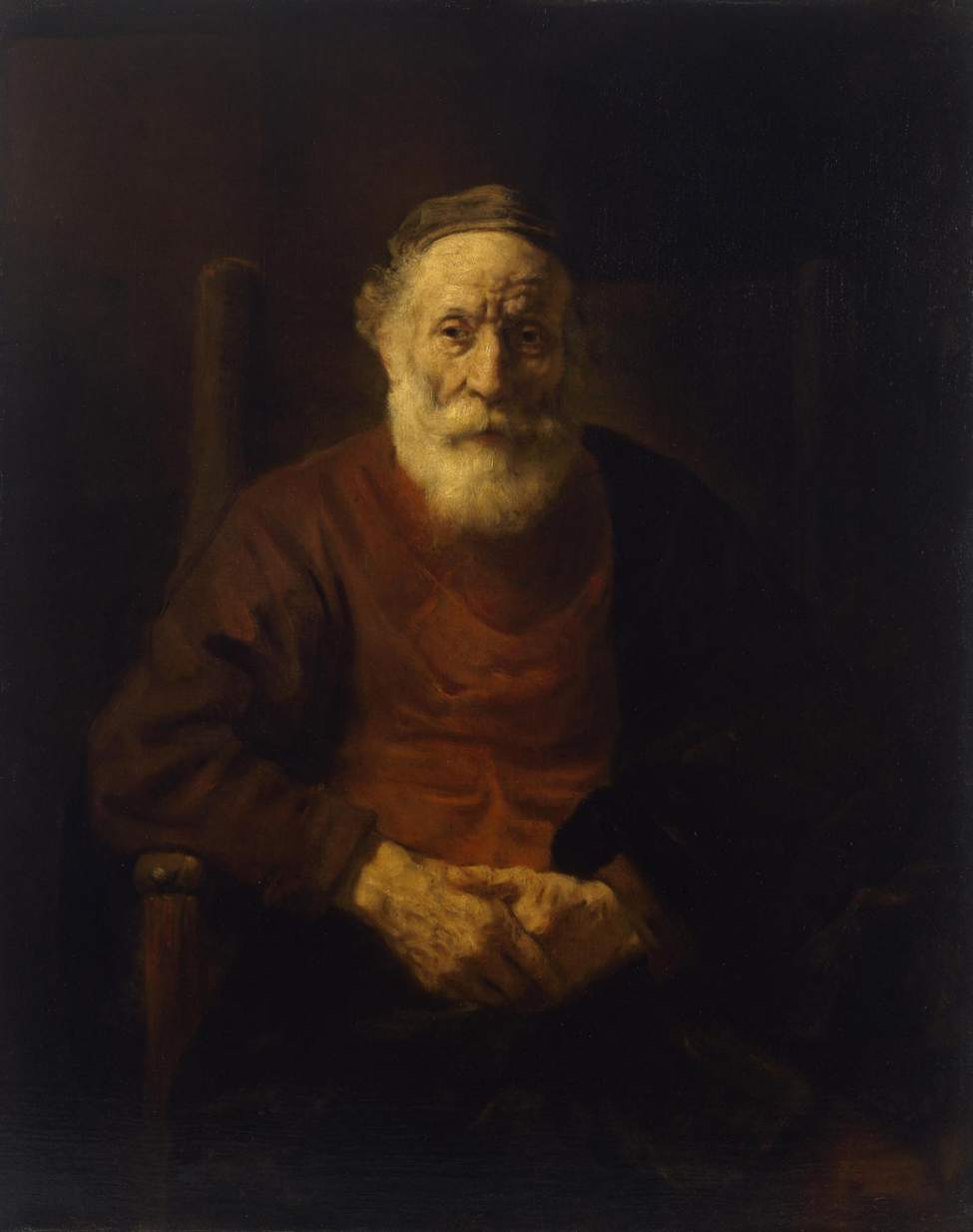
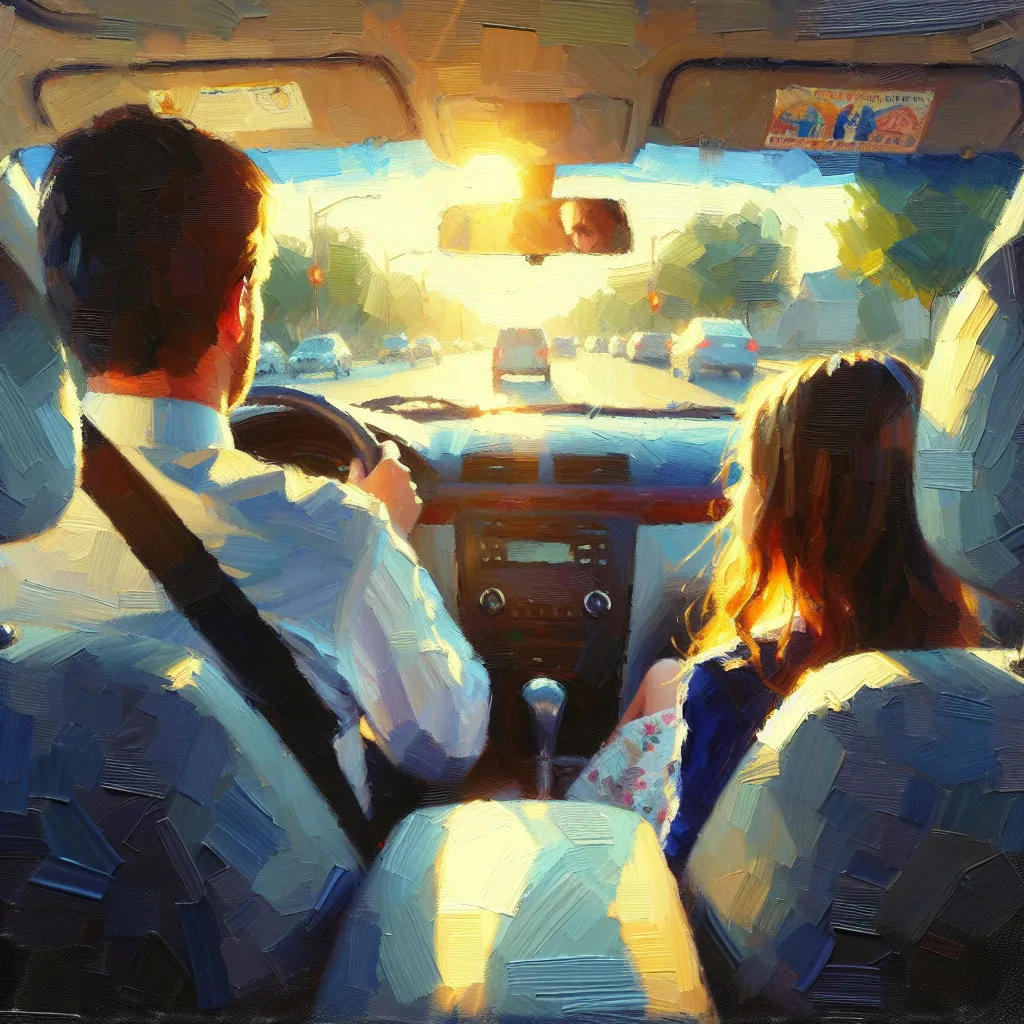
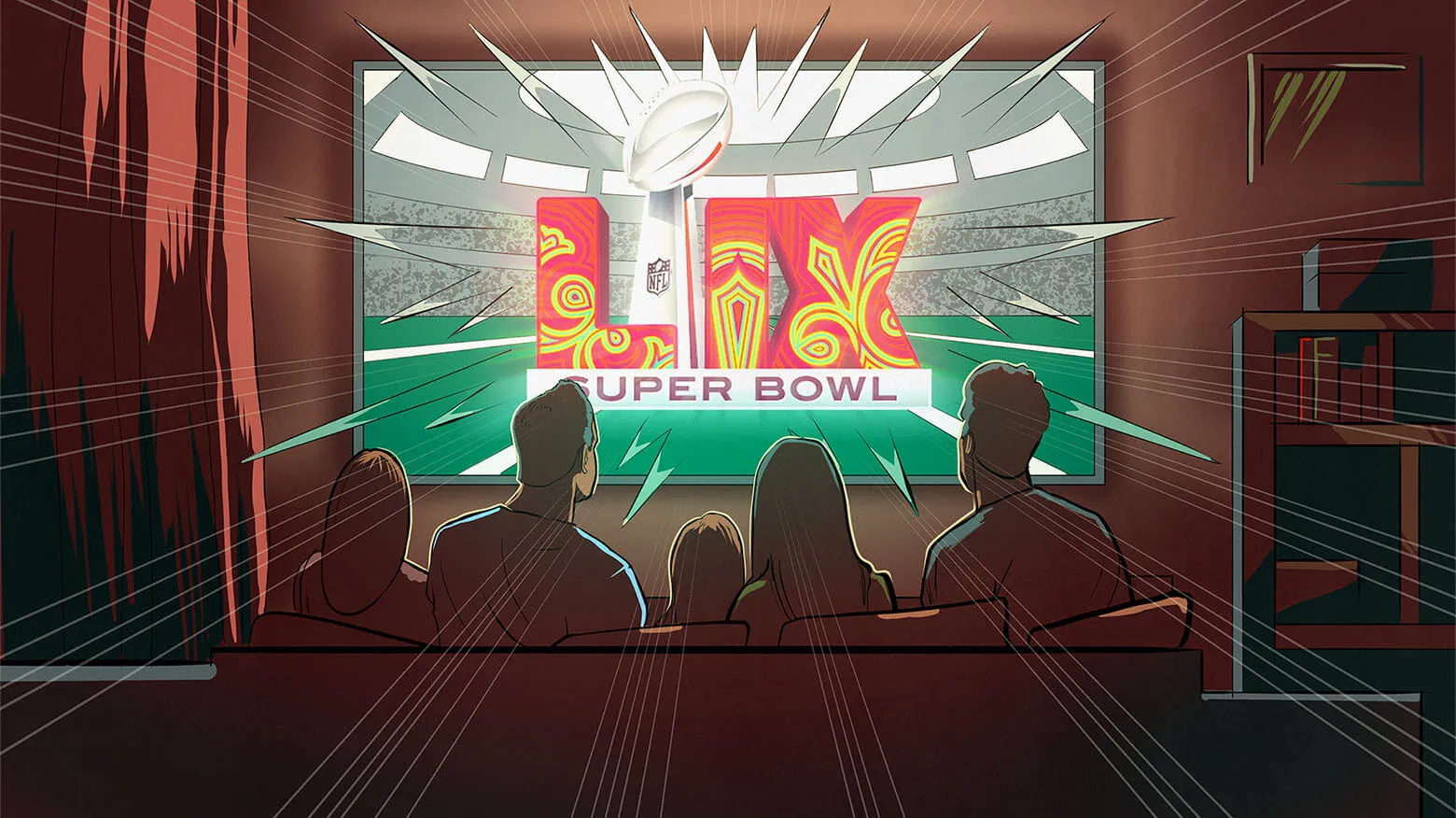
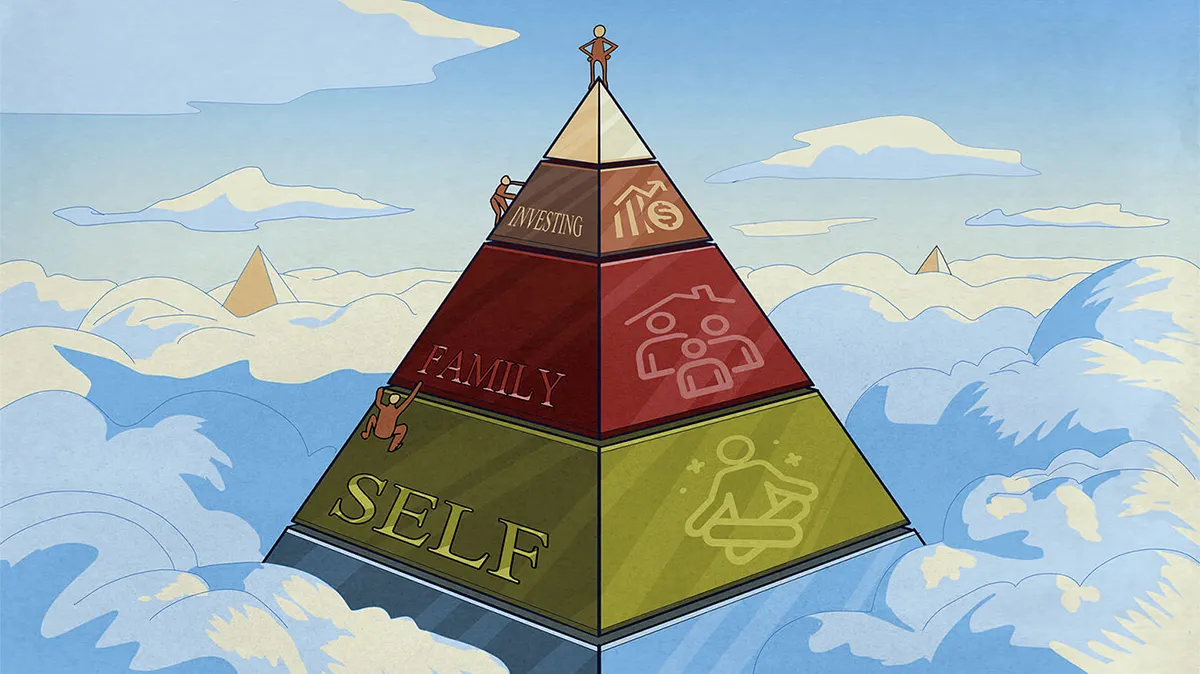
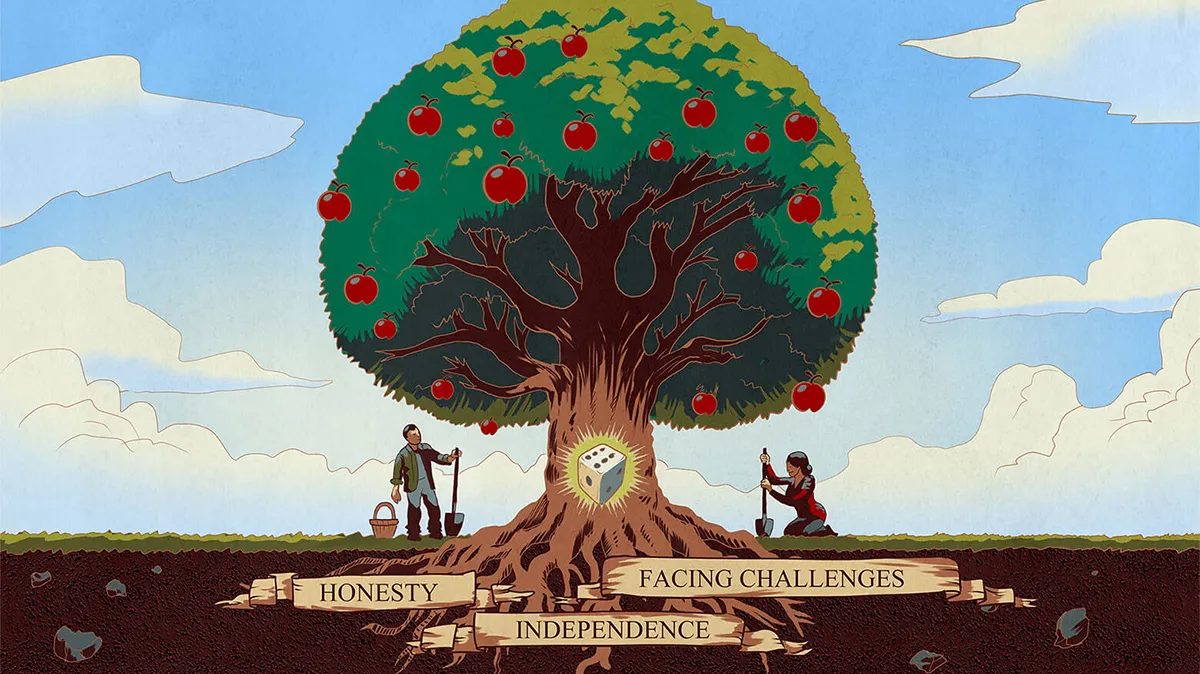




0 comments